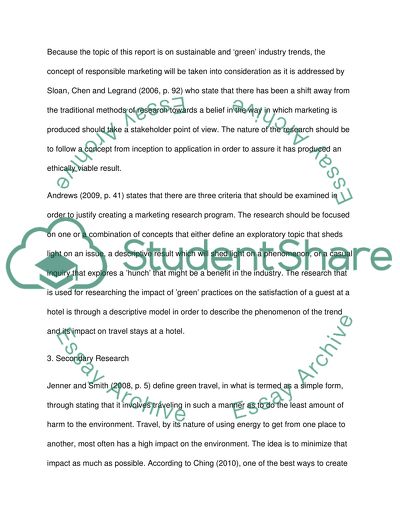Cite this document
(“Behavior, Needs, and Motivations in a Hotel Environment Essay”, n.d.)
Retrieved from https://studentshare.org/marketing/1426744-a-report-into-the-behaviour-needs-and-motivators
Retrieved from https://studentshare.org/marketing/1426744-a-report-into-the-behaviour-needs-and-motivators
(Behavior, Needs, and Motivations in a Hotel Environment Essay)
https://studentshare.org/marketing/1426744-a-report-into-the-behaviour-needs-and-motivators.
https://studentshare.org/marketing/1426744-a-report-into-the-behaviour-needs-and-motivators.
“Behavior, Needs, and Motivations in a Hotel Environment Essay”, n.d. https://studentshare.org/marketing/1426744-a-report-into-the-behaviour-needs-and-motivators.


